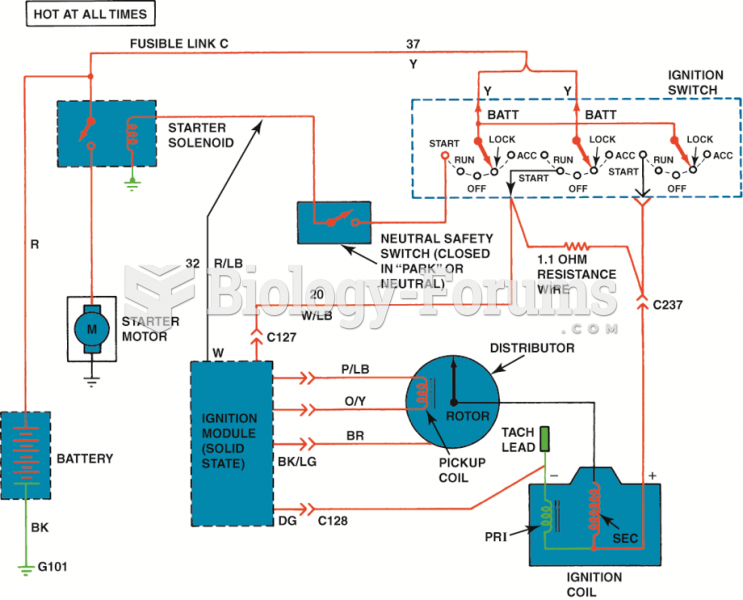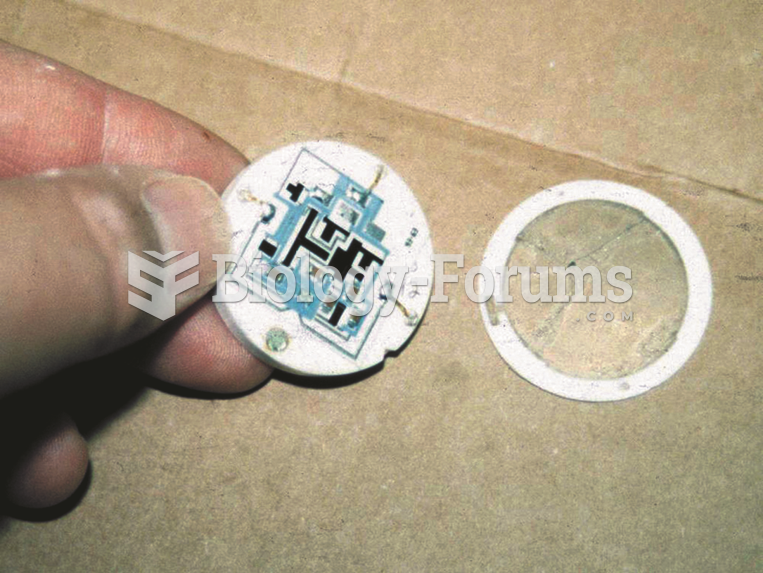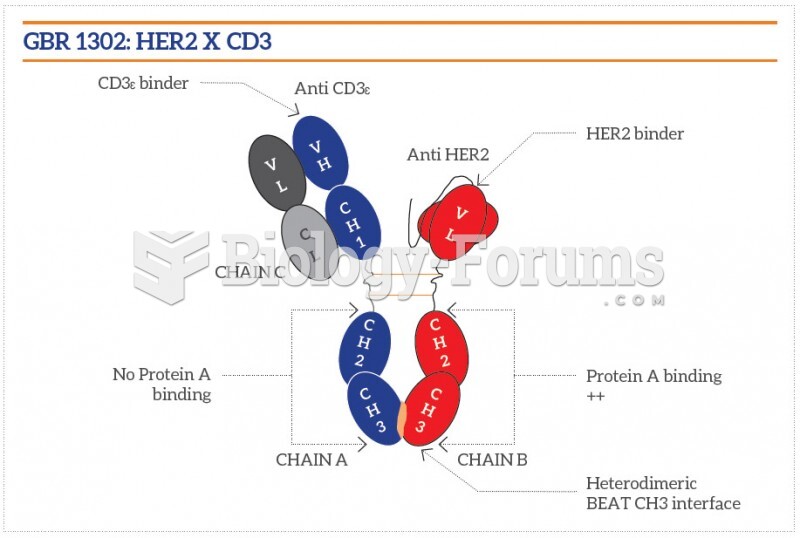This topic contains a solution. Click here to go to the answer
|
|
|
Did you know?
When blood is exposed to air, it clots. Heparin allows the blood to come in direct contact with air without clotting.
Did you know?
The strongest synthetic topical retinoid drug available, tazarotene, is used to treat sun-damaged skin, acne, and psoriasis.
Did you know?
Individuals are never “cured” of addictions. Instead, they learn how to manage their disease to lead healthy, balanced lives.
Did you know?
Acute bronchitis is an inflammation of the breathing tubes (bronchi), which causes increased mucus production and other changes. It is usually caused by bacteria or viruses, can be serious in people who have pulmonary or cardiac diseases, and can lead to pneumonia.
Did you know?
In 1864, the first barbiturate (barbituric acid) was synthesized.
 A medical records department. (Paper records are becoming obsolete, replaced by electronic records.)
A medical records department. (Paper records are becoming obsolete, replaced by electronic records.)
 Paper disks containing various antibiotics are placed on a bacterial culture. If the bacteria are ...
Paper disks containing various antibiotics are placed on a bacterial culture. If the bacteria are ...





